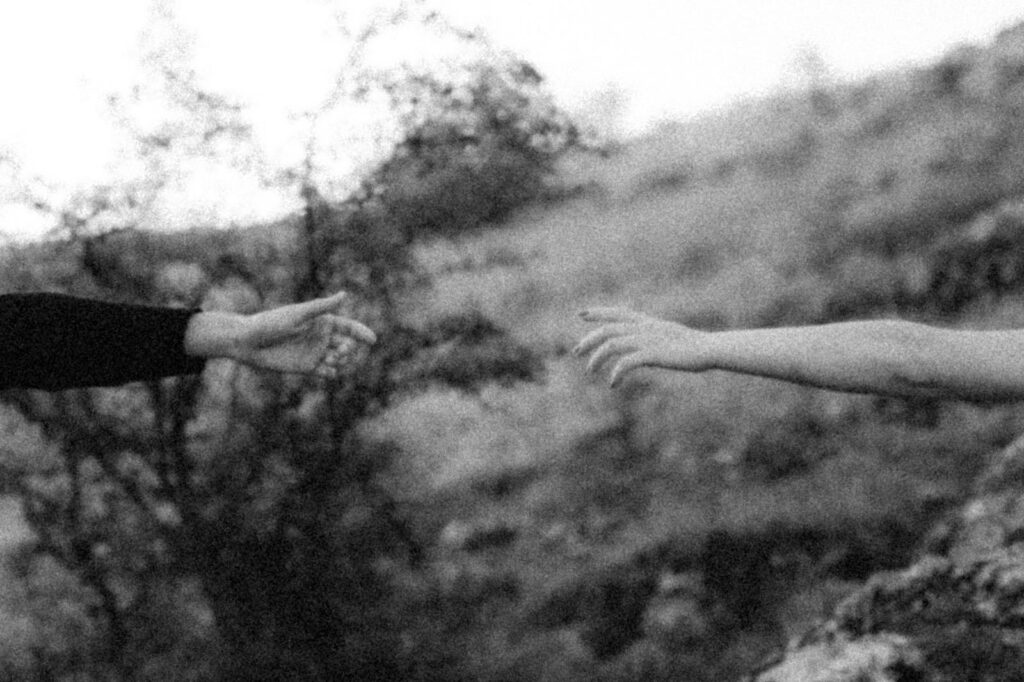
About two years ago, I stood on the edge of a life I thought was permanent, watching it slip through my fingers. A five-year love story dissolved into nothingness, leaving behind a silence that spoke louder than any words.
Heartbreak, I’ve learned, is a quiet, devastating undoing. It doesn’t announce itself with a crash, but seeps in slowly, unspooling the world as you know it. One moment you’re in the orbit of someone you love and the next, you’re floating untethered, staring at the wreckage of something you thought would hold. I’ve sat in that silence, wondering how something so intangible – a bond, a promise, a shared future – could leave such a concrete absence.
But heartbreak is not just the end of a relationship. It’s an encounter with yourself in the rawest, most unadorned way. It is life forcing you to reckon with your own fragility, your expectations and the stories you’ve told yourself about who you are and who you want to be. It exposes parts of you that might have remained untouched in the comfort of love. For me, it was an unveiling of truths I hadn’t wanted to confront: how much of myself I had given away, how much I’d mistaken sacrifice for connection.
Love had become a mirror in which I could only see myself reflected in the eyes of another. When that mirror shattered, I had to learn how to see myself directly, without distortion. And during this process, I noticed a strange, almost grotesque beauty in heartbreak. It takes you apart piece by piece, making you aware of the quiet machinery of your being: the patterns you fall into, the attachments you form, the way your heart beats even when it feels too heavy to bear.
What Heartbreak Taught Me About Loss
For me, the pain of heartbreak isn’t just about losing a person. It’s about losing an entire narrative. The plans you made together, the shorthand language you created, the rituals that marked your days. It’s a thousand tiny absences that hit you when you least expect it. A song that was once yours, the empty side of the bed, the way you instinctively reach for your phone to tell them something small and then remember there’s no one waiting on the other end.
But heartbreak also teaches you about the nature of loss itself: how to sit with it, how to carry it, how to let it shape you without letting it define you. It’s a lesson in impermanence, a reminder that nothing, not even love, is guaranteed to last in the way we imagine it will. That in reality love is a fragile, living thing, shaped by context, timing and choice. And that sometimes it fails not because it wasn’t real, but because people are unfinished. Because timing is cruel. Because the weight of individual wounds makes it impossible to carry the collective. I learned to stop looking for a villain in my heartbreak. Not all endings are betrayals. Some are simply collisions of humanity – beautiful and messy and doomed to unravel.
Heartbreak as Rebellion
In those raw, early days, the most difficult thing to accept was that there was no shortcut through the pain. It felt like a rebellion against my own instincts. I knew that no amount of distractions, be it work, books or travels would work. Because heartbreak demands to be felt. It insists that you feel the full spectrum of what it means to lose: the despair, the anger, the yearning and, eventually, the surrender.
I remember how, out of love, some of my friends urged me to move on, to shake off the weight of the loss and reclaim the parts of me that seemed to have slipped away. But there’s something revolutionary about letting yourself feel heartbreak deeply. It’s an act of defiance in a world that tells us to “move on” quickly, to package our pain into bite-sized lessons, to never let the mask of composure slip. But I’ve found that healing requires rebellion – it requires you to sit with the discomfort, to allow yourself to unravel, to reject the lie that healing must be linear or graceful.
The Reassembly
If heartbreak takes you apart, it also gives you the opportunity to rebuild. But the pieces don’t fit back together in the same way. There’s no going back to who you were before. The gaps and cracks remain, but they aren’t flaws – they’re spaces where light and (hopefully some) wisdom seep in.
In the wake of heartbreak, I began to reassemble myself with greater care. I started asking questions I hadn’t dared to ask before: What does it mean to love without losing myself? What do I truly want, not just from another person, but from my own life? These questions were difficult and unwieldy, but they were also liberating.
What Heartbreak Leaves Behind
Heartbreak doesn’t leave you as it found you. It sharpens you, deepens you and softens you all at once. It teaches you the art of letting go – not just of the person you loved, but of the illusions you held onto about what love should be.
It leaves behind scars, yes, but also a strange kind of gratitude. Gratitude for the love you had, however fleeting. Gratitude for the resilience you didn’t know you possessed. Gratitude for the way it forces you to meet yourself in the wreckage and choose, again and again, to rebuild.
I’ve come to see heartbreak not as an enemy but as an unlikely companion – a brutal, necessary guide that walks you through the wilderness of your own heart. It strips you down, yes, but it also reveals what remains when everything else is gone. And what remains is you – imperfect, resilient and infinitely capable of love.
